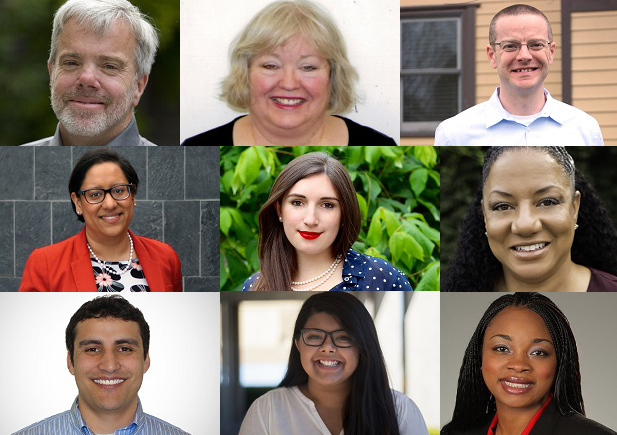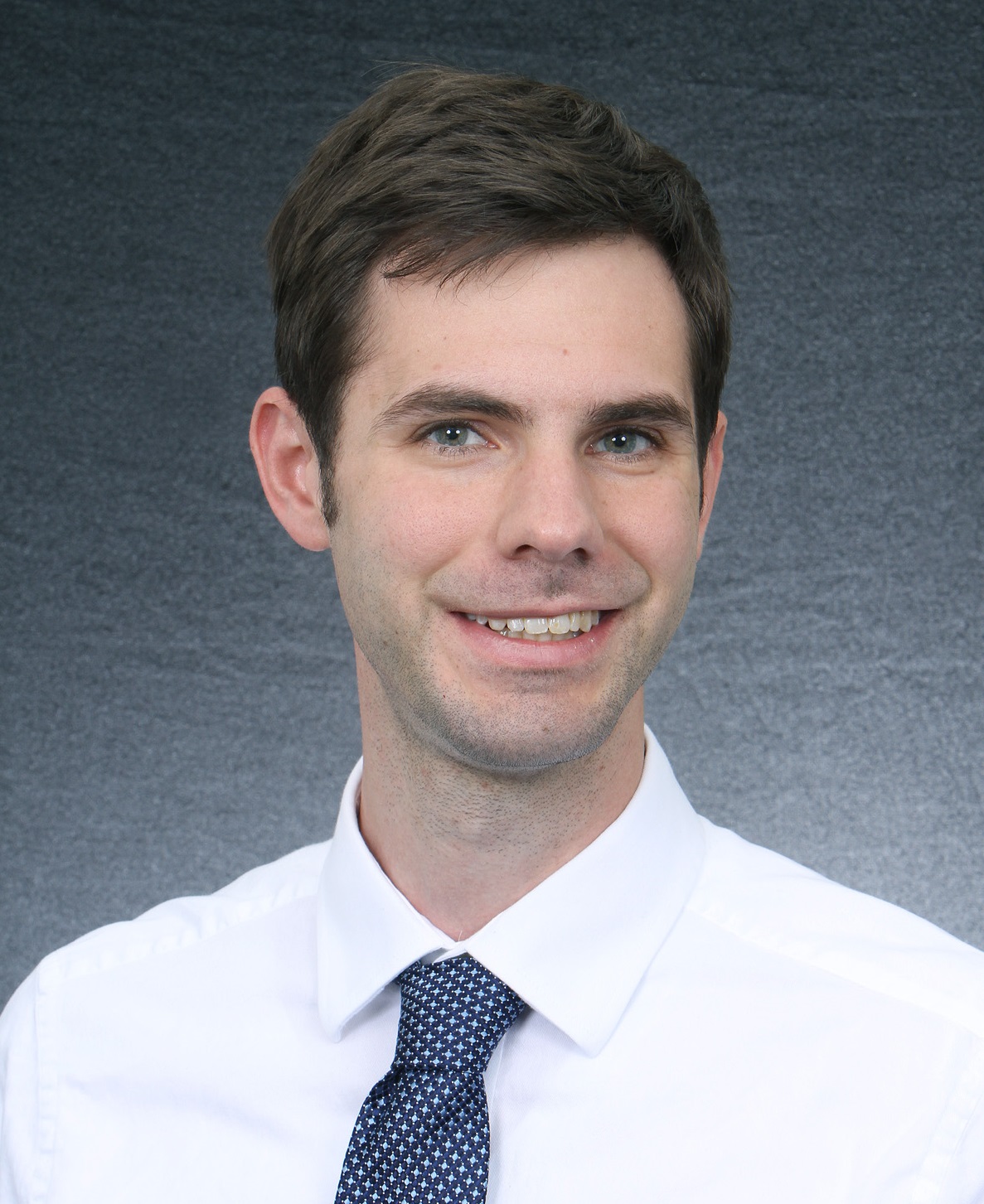A $2.5 million research project is being launched to find “promising strategies” to help students get through remedial education classes in college in the hope that it ultimately will lead to more students getting the post-secondary credentials they need to get good jobs.
The project – a collaborative effort of the Carnegie Foundation for the Advancement of Teaching, the Bill & Melinda Gates Foundation and The William and Flora Hewlett Foundation – is part of a broader plan to “double the numbers” of youths in America who obtain a post-secondary degree, considered a vital element for employment in today’s economy.
The first leg of the project will focus on remedial math – now called developmental math – primarily for community college students, a Carnegie spokeswoman said. It will involve having a small number of research and development networks focus on a “specific high-leverage problem in educational improvement,” according to a letter sent this week by Carnegie Foundation President Anthony Bryk.
“We are well aware that this is a problem that many groups and individuals are committed to, and that our nation’s community colleges already have much good work under way to address the problem,” Bryk’s letter stated. “Not surprisingly, that work reflects a range of claims about the nature of the problem and the most promising solutions to pursue.”
He said Carnegie’s role will be to “bring together a right mix of practitioners, researchers, policymakers, and other stakeholders – including students – to map the dimensions of the problem and the most promising (but always partial) routes to improvement, and then to pursue those through a carefully orchestrated, collaborative process of design, testing, and redesign. Assessment will play a key role.”
Math educators say developmental math is a major barrier for students who had a hard time with math in high school. And while efforts have been made to remedy the problem, they say they welcome the new research project because the problem still persists.
“There has been an awful lot of money invested in different initiatives to research, collect data, try promising new instructional strategies for developmental mathematics at two-year colleges,” Richelle Blair, president of the American Mathematical Association of Two-Year Colleges, said in an interview with College & Careers Today.
“However,” Blair said, “the number of students going into developmental mathematics at two-year colleges is increasing at exponential rates … The success rate is somewhere between 45 to 60 percent. That’s not very good.”
To back up her claims, Blair directed College & Careers Today to the Columbia University’s Community College Research Center (CCRC). There, in an April 2009 document called “Referral, Enrollment, and Completion in Developmental Education Sequences in Community Colleges,” researchers maintain that only 31 percent of students in developmental math complete their courses. The CCRC web site has a number of other papers written on the topic of developmental education, including a November 2008 paper titled, “Challenge and Opportunity: Rethinking the Role and Function of Developmental Education in Community College.” The paper by Columbia researcher Thomas Bailey lends support to the Carnegie President Anthony Bryk’s claim in a letter this week that American education is “weak” in terms of helping students who need developmental math.
“On average, developmental education as it is now practiced is not very effective in overcoming academic weaknesses, partly because the majority of students referred to developmental education do not finish the sequences to which they are referred,” Bailey wrote. “This bleak picture of the developmental education landscape justifies a broad-based effort to reform and rethink the endeavor.”
Bailey recommends, among other things, doing away with developmental education courses, and instead enrolling all students in the same college-level courses and offering support to those students who need it.
“A policy based on categorizing students as developmental or college-ready is misguided,” Bailey says. Students who score below the cutoff point for college level math are “asked to spend time and money on services of dubious value,” he says but aren’t much different from students who passed the cutoff score but still need extra help.
‘A policy based on the recognition of these ambiguities would blur the distinction between different classes of students,” Bailey states.
But youth policy experts say it’s important to remember that, ultimately, developmental education is not purely a concern for education. If a remedial math course stands between a student and a post-secondary credential or degree, it’s a matter of employment, the future of the American workforce and ultimately, as President Barack Obama maintained as he called on all Americans earlier this year to commit to at least one year of post-secondary education or training, America’s competitiveness as a whole.
“For the students, personally, educational attainment outcomes are correlated with income,” said Michael Lawrence Collins, a program director for the Youth Transitions Cluster of Boston-based Jobs for the Future, a national research, consulting and advocacy group. “If you can’t get over the developmental math, the probability that you’ll get a degree drops precipitously.”
And so does, Collins says, a student’s chances of getting a good job and all that that entails: health benefits, 401(k) and the like.
And with fewer youths and young adults working good jobs, Collins says, the nation’s tax base will be lower and its ability to compete globally will be restricted.
“If we can’t get students through developmental math and on to degrees,” Collins says, “we certainly can’t stay competitive.”




























